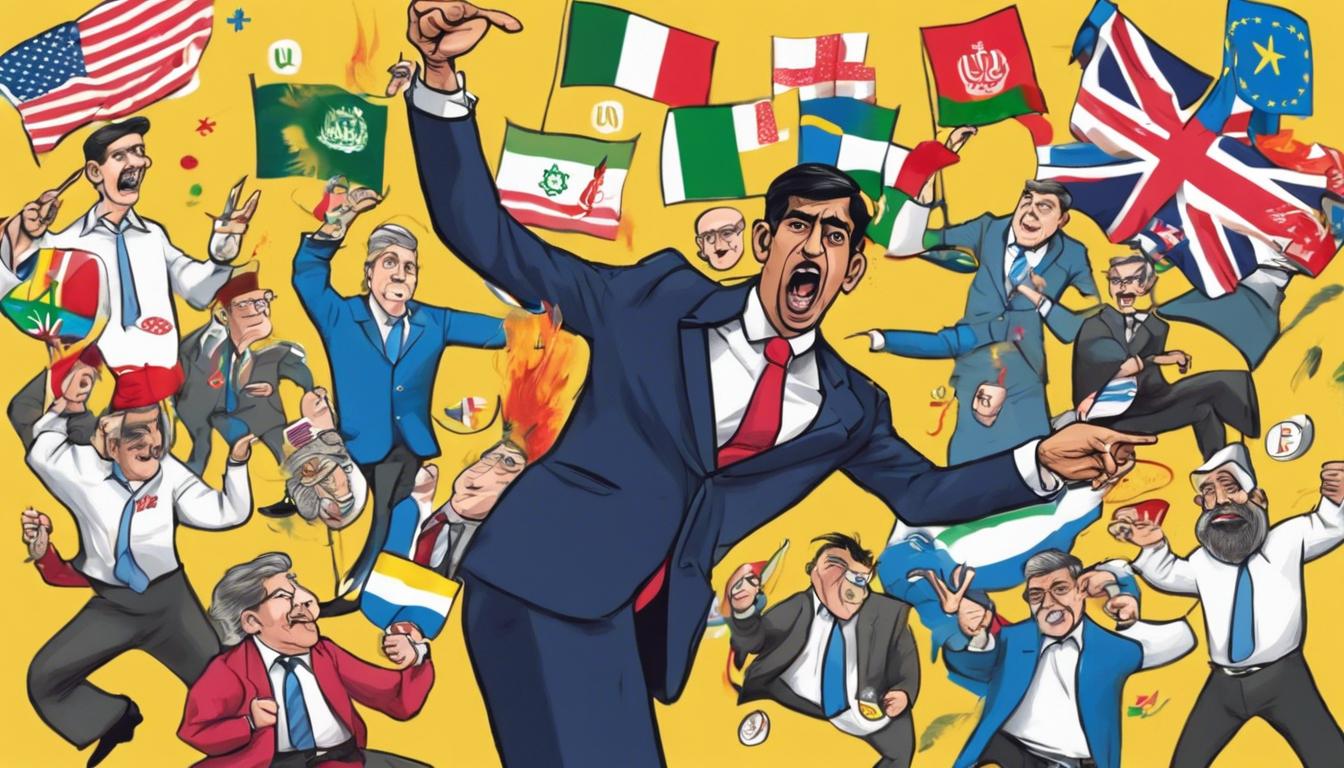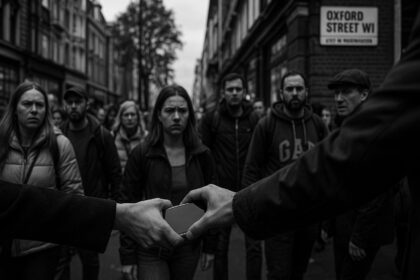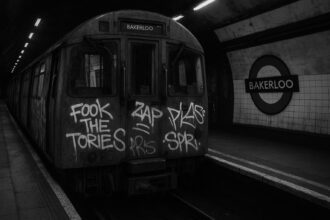Rishi Sunak is being urged by MPs across party lines to designate Iran’s Islamic Revolutionary Guard Corps as a terrorist organization following an attack on Israel, paralleling pressure in light of controversial comments made by BBC presenter Nick Robinson and Ukraine’s increased defense requests.
UK Prime Minister Rishi Sunak is under increasing pressure from both Labour and Conservative MPs to classify Iran’s Islamic Revolutionary Guard Corps (IRGC) as a terrorist organization in the wake of an attack on Israel. Shadow Defence Secretary John Healey and former Tory Minister Iain Duncan Smith have criticized the delay in such action, with calls intensifying to align with the US, which has already designated the IRGC as a terrorist entity. Foreign Secretary David Cameron has indicated the UK is contemplating further sanctions against Iran, possibly including the proscription of the IRGC, which several other nations have already declared a terrorist group.
Recent controversies also arose around BBC presenter Nick Robinson, who referred to Israeli military actions in Gaza as “murders” during a radio interview with former Prime Minister David Cameron. Robinson later clarified that his statements were not reflective of personal views or BBC’s stance, acknowledging his phrasing should have been clearer. This incident, which happened amidst escalating tensions in the region and subsequent to Iran’s attack on Israel, has prompted calls, including from Conservative MP Theresa Villiers, for an inquiry into potential bias, with Downing Street underscoring the necessity for impartial communication.
Furthermore, Ukraine’s Foreign Minister Dmytro Kuleba has drawn similarities between Israel’s defense against Iranian attacks and Ukraine’s needs for improved air defense systems amid ongoing Russian assaults. The Ukrainian leadership, including President Volodymyr Zelenskyy, has been actively seeking more robust defense mechanisms from Western allies to mitigate the impacts of the extensive Russian military actions targeting their infrastructure. This situation continues to evolve as international dynamics shift, reflecting the complex interplay of regional security concerns.













